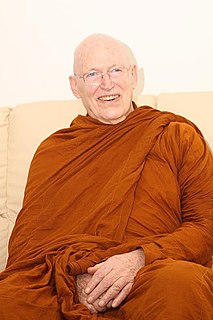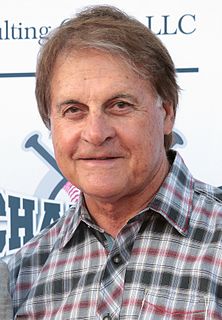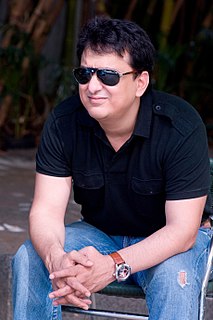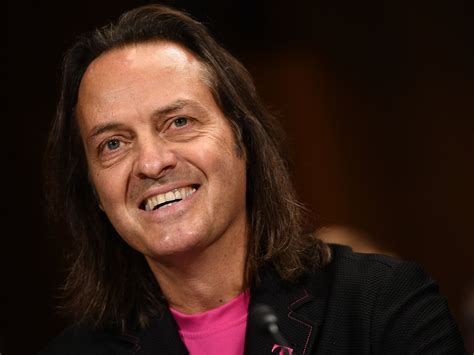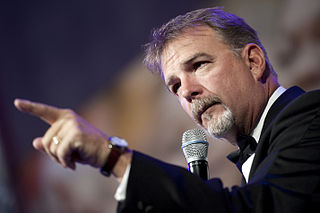A Quote by Ellen Gilchrist
Tell me the truth about death. I don't know what it is. We have them, then they are gone but they stay in our minds. Their stories are part of us as long as we live and as long as we tell them or write them down.
Related Quotes
I never have people tell me their stories. I usually have to figure them out myself. Because I know that if people tell me stories, they will expect them to be remembered. And I cannot guarantee that. There is no way to know if the stories stay after I'm gone. And how devastating would it be to confide in someone and have the confidence disappear? I don't want to be responsible for that.
There are things we never tell anyone. We want to but we can't. So we write them down. Or we paint them. Or we sing about them. It's our only option. To remember. To attempt to discover the truth. Sometimes we do it to stay alive. These things, they live inside of us. They are the secrets we stash in our pockets and the weapons we carry like guns across our backs. And in the end we have to decide for ourselves when these things are worth fighting for, and when it's time to throw in the towel.
We read novels because we need stories; we crave them; we can’t live without telling them and hearing them. Stories are how we make sense of our lives and of the world. When we’re distressed and go to therapy, our therapist’s job is to help us tell our story. Life doesn’t come with plots; it’s messy and chaotic; life is one damn, inexplicable thing after another. And we can’t have that. We insist on meaning. And so we tell stories so that our lives make sense.
With the artists, I don't teach, I coach. I can't tell them how to make art. I tell them to make more art. I tell them to get up early and stay up late. I tell them not to quit. I tell them if somebody else is already making their work. My job is to be current with the discourse and not be an asshole. That's all I wanted in a professor.
We are missing the truth. We live in a society that lies and fosters and sells dishonesty at a discount. Remember the line, 'America spells cheese K-R-A-F-T? That does not spell cheese! We tell our kids that as long as it looks good on the outside, don't worry about the inside. Or work hard and you'll be rewarded in the end. That's not necessarily true anymore. We don't tell the truth about certain things. Young people see our hypocrisy. We haven't given them a model to follow.
Do you know how some people can do anything?” “What do you mean?” “I mean, you tell them to write a tune, they give you a symphony right there. You tell them to write a book, they write you a novel in a day. You tell them to move a spoon without touching it, they move it. If they want something, they make it happen. Miracles, almost.
It's kind of fun at my age to go back and talk to business-school people. I tell them, "I can summarize everything you need to know to lead a major corporation. Are you prepared to write this down?" And then they get all ready. I tell them I can summarize how I succeed as a leader: Listen to your employees, listen to your customers, shut the f - - up, and do what they tell you.
Why do we tell stories? It's because we want to connect to people, we want to tell them who we are, we want to tell them a story that affects us, that impacts us. And to help a young filmmaker doing a short or independent film is my testament, I think, is my desire to really make sure that our younger generations get passed along all the elders' experience and to literally have the image - to literally carry them on their shoulders and say, 'This is what the world is. This is how the world operates. Let me show you how.'
I think that our politics everywhere are gonna be going through this bumpy phase. But as long as we stay true to our Democratic principles, as long as elections have integrity, as long as we respect freedom of speech, freedom of religion, as long as there are checks and balances in our governments so that the people have the ability to not just make judgments about how well government is serving them but also change governments if they're not serving them well, then I have confidence that over the long term, progress will continue.




